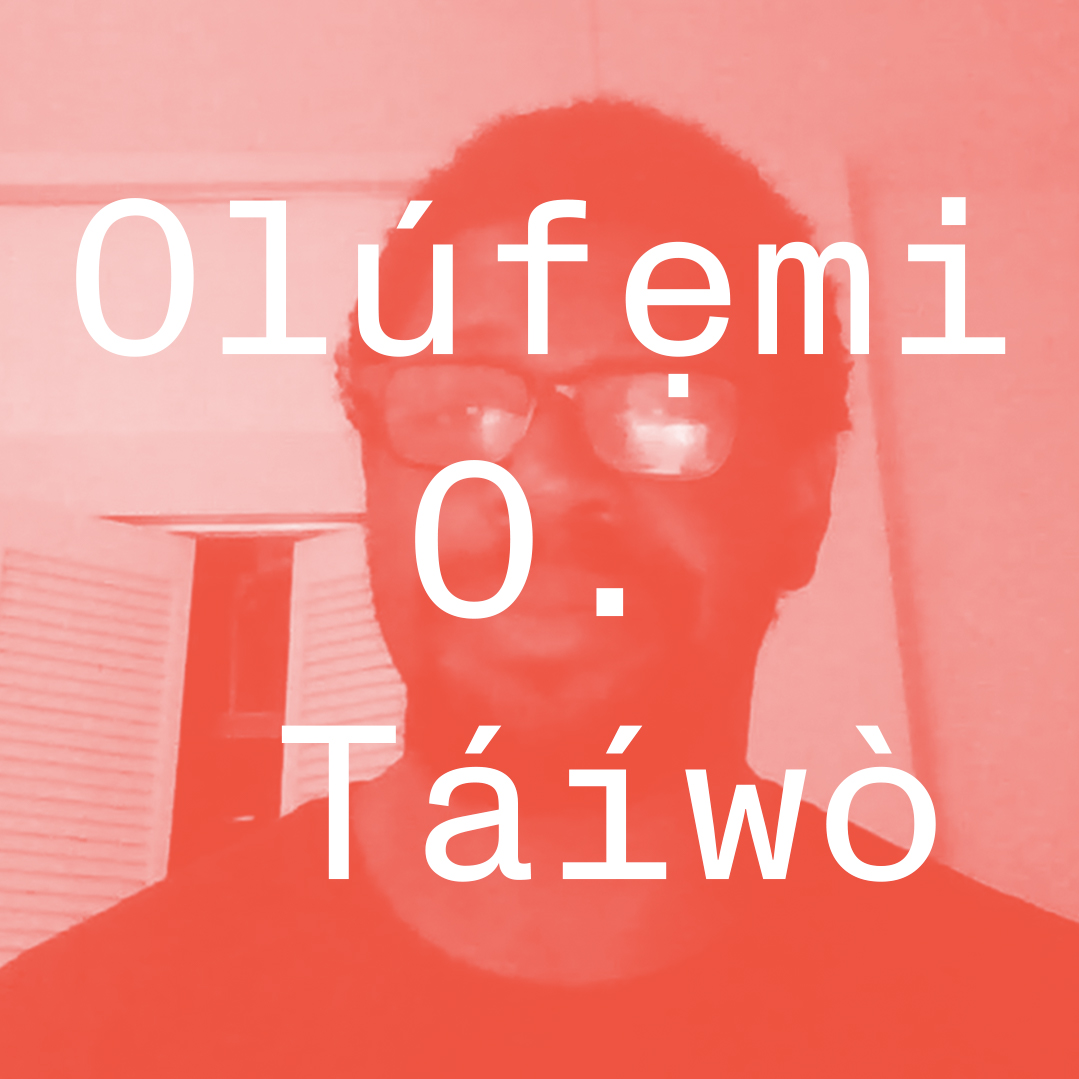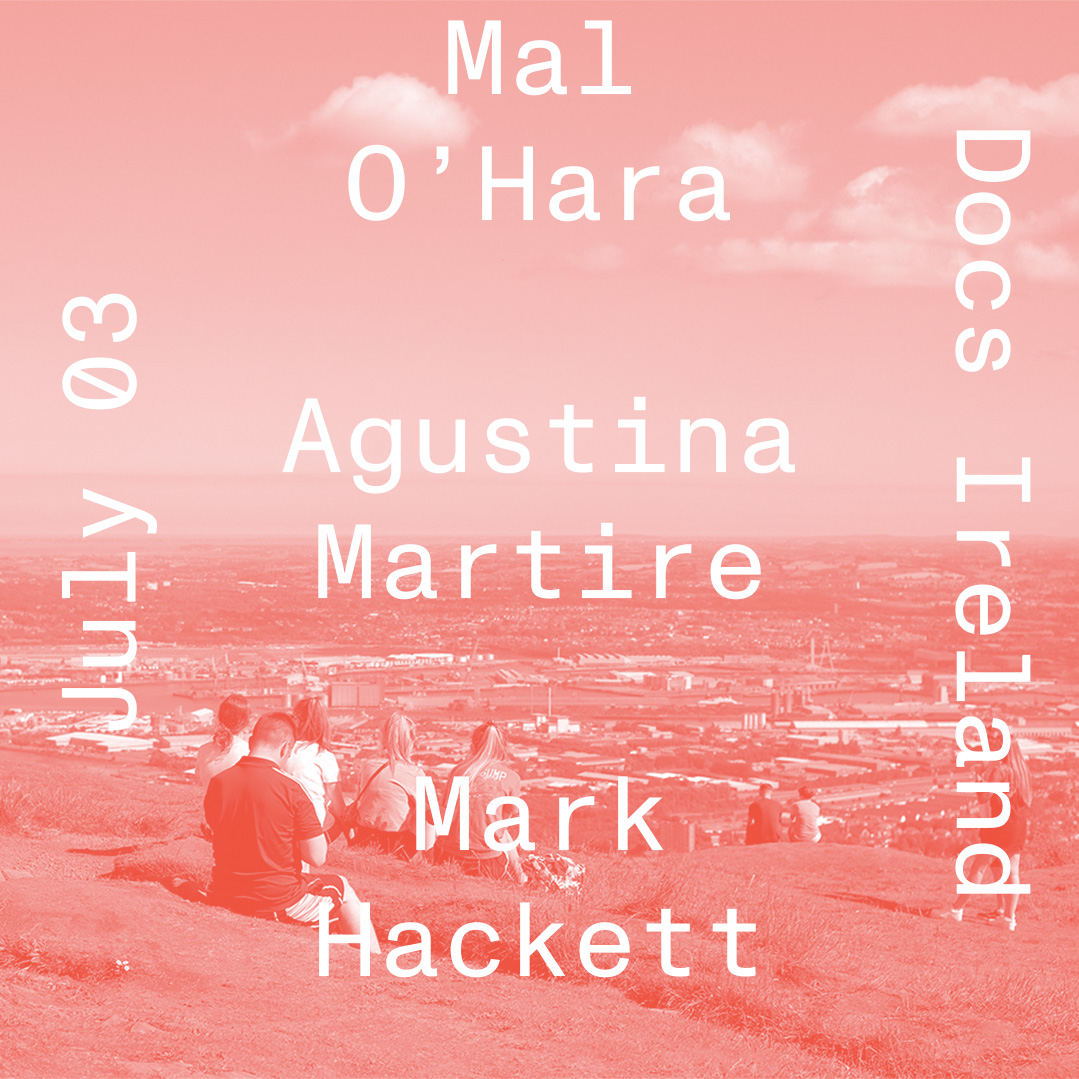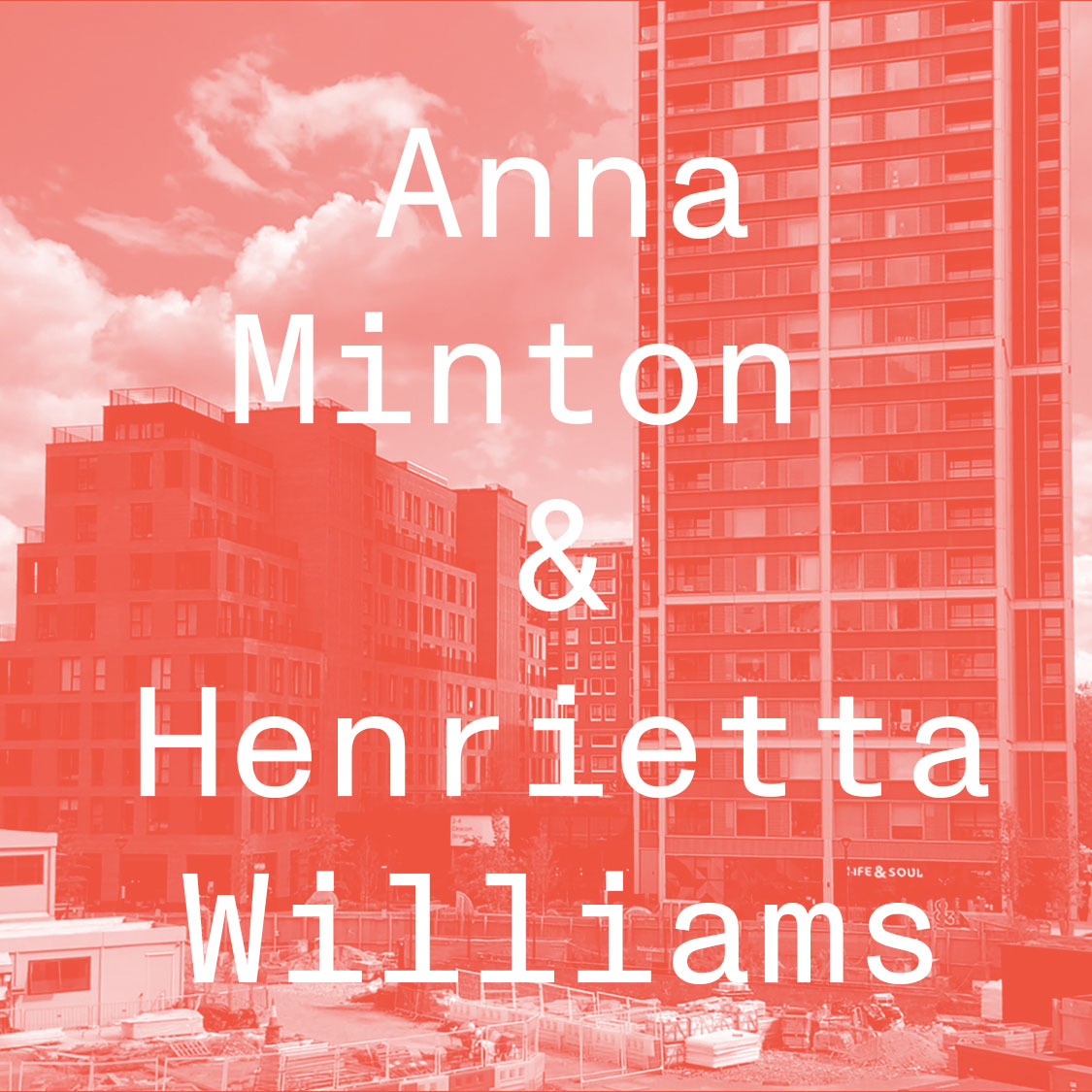
Edition 01: Belfast
Belfast is a city within which questions of access, movement through the city, safety, and the answerability of local governance exist in relation to explicit histories of sectarianism, ongoing questions of identity and the relationship between Belfast's position on the island of Ireland but within the political control of the United Kingdom.
In this context urban planning produces complex breaks and gaps in the fabric of the city as it takes into account the history of the Troubles (the decades long sectarian conflict), the relationship with and rule from London, and the interface between control and infrastructure.
At first encounter Belfast appears like many western European post-industrt century has laid bare tracts of property into which real-estate capital is now rapidly expandin
Learning to navigate the city, however, it gradually becomes evident that specific conditions distinguish Belfast from other superficially similar cities. Northern Irish architect Mark Hackett describes Belfast as bearing much greater similarity to American cities than its architectural vernacular suggests.
“[...]one soon encounters the dominance of roads and a realisation that surface car parks are not the exception but a norm that surrounds and peppers the city at every turn. This is a city redesigned for the car and for commuters living in the wider suburban and metropolitan area. In this, Belfast shares the characteristics of many American cities.”
(Mark Hackett, 2019).
Motorways and other infrastructure in Belfast have been used to compartmentalise communities throughout the last century, both separating classes, and segregating working class communities hardest hit by ‘The Troubles’.
Twenty years on from the ‘Good Friday Agreement’, the ceasefire which constructed a nuanced peace, the rich social fabric of Belfast exists within a complex terrain of looping routes, arterial roads, huge inner city car parks with inadequate suburban parking, and abrupt dead ends.
Large scale property development projects are rapidly changing the city, particularly around the historic centre of the city and former industrial land, and concerted efforts from activists meets resisntace from factional standoffs leading to long periods without devolved government sitting at Stormont and the residual effects of partisan planning regulations.
For edition 01, on Belfast we have commissioned three videos from international thinkers of the urban condition, to reflect on how these factors intersect with global frameworks of the city, and three specialists from Belfast; Mal O’Hara, a green party politician and Agustina Martire and Mark Hackett, two architect/activists, to hold an in situ conversation in the Docs Ireland film festival on July 03, 2022.
In this conversation they will each present their research and discuss the specific conditions of city planning in Belfast.
Information and tickets available here:

Edition 01 is made in collaboration with Household C.I.C.
Speakers



